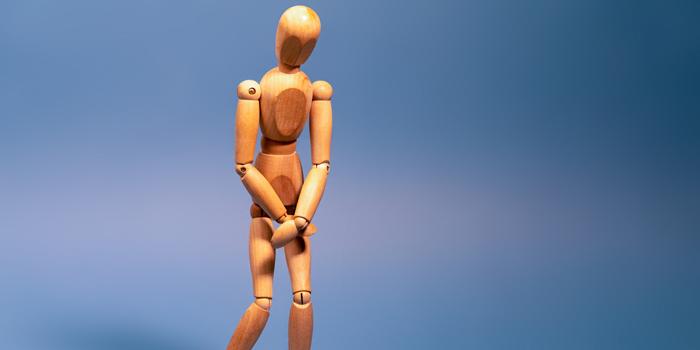Bladder issues are common among older adults, especially women. They can affect your quality of life, your self-esteem, and your social activities. However, bladder issues are not inevitable or normal parts of aging. They can often be treated or managed with simple strategies and lifestyle changes.
What are some common bladder issues in seniors?
- Overactive bladder (OAB): This is when you have a sudden and strong urge to urinate that is hard to control. You may also leak urine (urgency incontinence) or urinate more than eight times a day or more than twice at night (nocturia). OAB can be caused by various factors, such as weak or overactive bladder muscles, nerve damage, infections, medications, or other health conditions.
- Stress incontinence: This is when you leak urine when you cough, sneeze, laugh, exercise, or lift something heavy. This happens because the pressure on your bladder is greater than the strength of your pelvic floor muscles and urethra (the tube that carries urine out of the body). Stress incontinence can be caused by childbirth, menopause, prostate surgery, obesity, or aging.
- Overflow incontinence: This is when you dribble urine because your bladder does not empty completely. You may also have difficulty starting or stopping the urine stream. Overflow incontinence can be caused by an enlarged prostate gland (in men), a blocked urethra, nerve damage, diabetes, or spinal cord injuries.
- Functional incontinence: This is when you have normal bladder function but cannot get to the toilet in time because of physical or mental limitations. For example, you may have arthritis, dementia, vision problems, or mobility issues that prevent you from reaching the bathroom quickly enough.
How can you prevent or manage bladder issues?
Bladder issues can often be prevented or managed with some simple strategies and lifestyle changes.
- Drink enough fluids: Staying hydrated can help prevent urinary tract infections (UTIs), constipation, and kidney stones. However, avoid drinking too much fluid before bedtime or activities that may trigger leakage. Also, limit your intake of caffeine, alcohol, and carbonated drinks, as they can irritate your bladder and make you urinate more often.
- Do pelvic floor exercises: These are exercises that strengthen the muscles that support your bladder and urethra. They can help prevent or reduce stress incontinence and improve your bladder control. To do pelvic floor exercises, squeeze and hold the muscles that you use to stop urinating for a few seconds, then relax them. Repeat these 10 to 15 times a day. You can do them anywhere and anytime.
- Practice good hygiene: Keeping your genital area clean and dry can help prevent infections and skin irritation. Use mild soap and water to wash yourself after urinating or having a bowel movement. Avoid using perfumed products or douches that can disrupt the natural balance of bacteria in your vagina (in women) or urethra (in men). Change your underwear and pads frequently if you use them.
- Use the right products: If you use pads or diapers to manage your leakage, make sure they fit well and absorb enough urine. Choose products that are designed for urinary incontinence rather than menstrual pads. You can also use devices such as pessaries (in women) or clamps (in men) that support your bladder or urethra and prevent leakage. Talk to your doctor about the best options for you.
- Seek medical help: If your bladder issues are affecting your quality of life, do not hesitate to consult your doctor. There are many treatments available that can help you depending on the type and because of your bladder issue. These include medications, behavioral therapies, biofeedback, electrical stimulation, injections, surgery, or catheterization. Your doctor can diagnose your condition and recommend the best treatment for you.
Bladder issues are not something to be ashamed of or ignored. They are common among seniors, but they can be treated or managed with proper care and attention. By following these tips and seeking medical help when needed, you can improve your bladder health and enjoy your life more.

